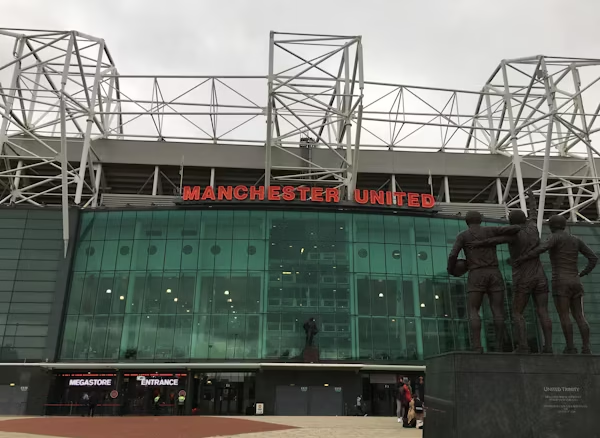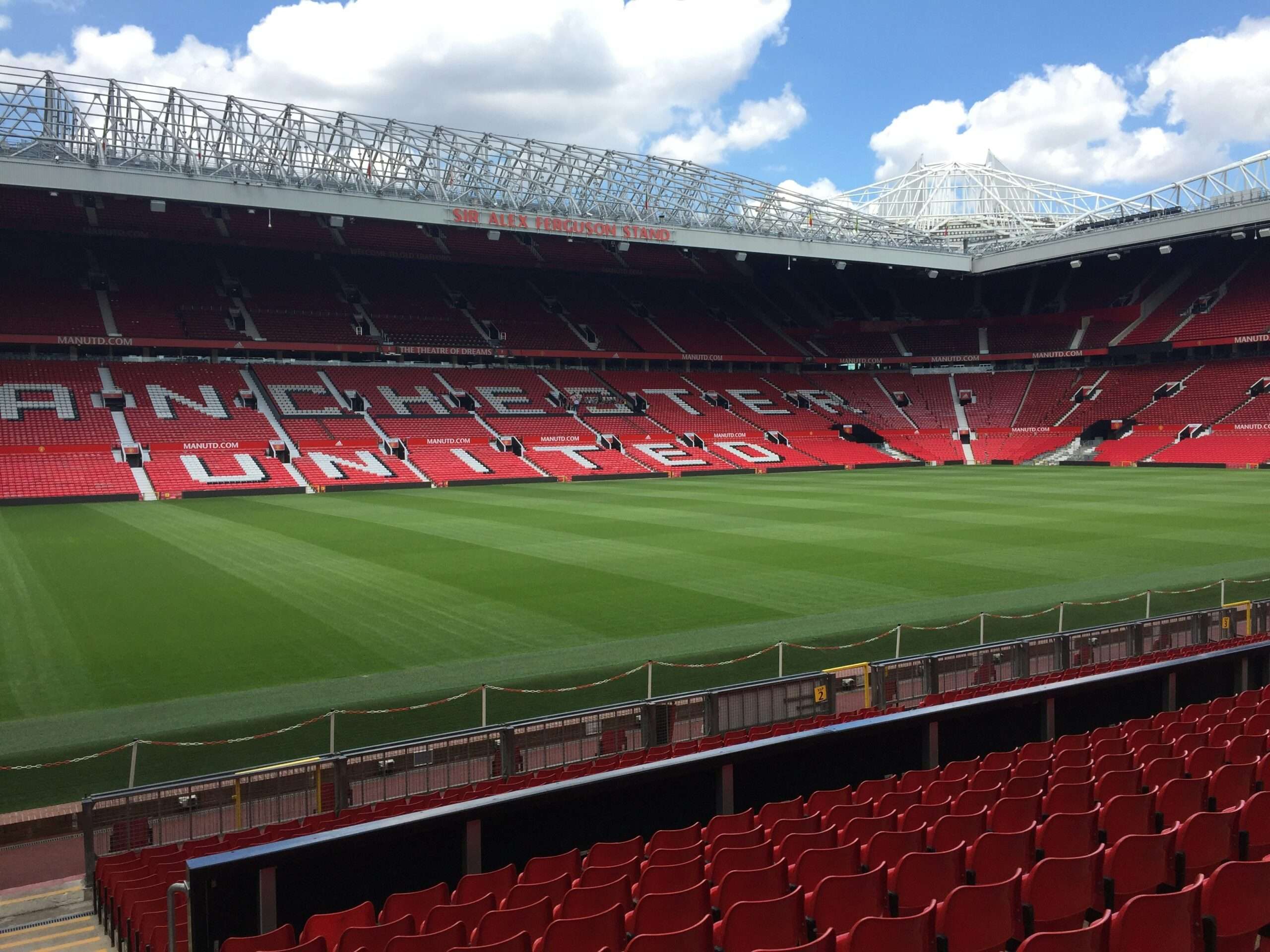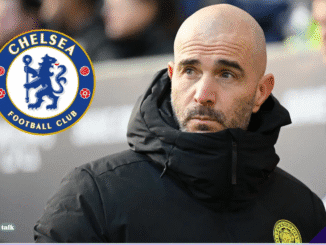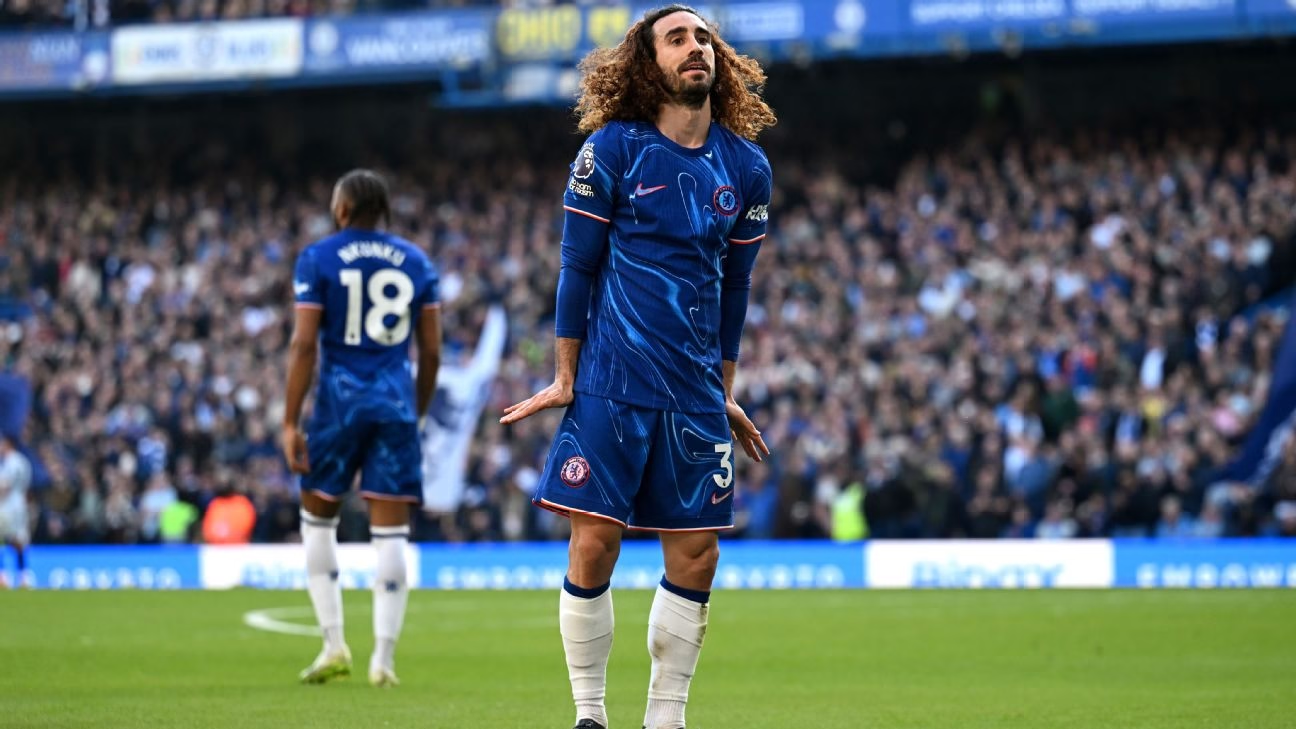
Photo by Harry Walsh on Unsplash
This evening, Nottingham Forest secured a significant 1-0 victory over Manchester United in the Premier League, thanks to a stunning early goal from Anthony Elanga. The match highlighted the contrasting fortunes of both teams, with Forest solidifying their third-place position under Nuno Espirito Santo, while United’s struggles continue under Ruben Amorim.
As Manchester United navigates a challenging season, questions arise about whether Amorim’s style of play is the right fit for the club. The Ruben Amorim style of play, characterized by flexibility and a possession-based approach, has been a focal point of discussion among fans and pundits alike.
The match against Nottingham Forest was a stark reminder of United’s inconsistent form. Despite being unbeaten in their last seven games across all competitions, United’s domestic performances have been underwhelming, with their only recent league wins coming against lower-ranked teams like Leicester City and Fulham. The loss to Forest, who are now eight points clear of Chelsea in fourth place, underscores the need for United to reassess their strategy and team dynamics.
Ruben Amorim Style of Play
Ruben Amorim’s managerial philosophy centers around a flexible, possession-based, and attacking approach, often employing a 3-4-3 or 3-4-2-1 formation. This system emphasizes high pressing and a robust defensive structure, aiming to control the tempo of the game and create scoring opportunities through sustained possession.
In theory, this style should suit Manchester United’s squad, which includes talented players capable of adapting to such a dynamic system. However, the reality has been somewhat different. United’s players have shown glimpses of adapting to Amorim’s tactics, particularly in their Europa League performances, where they convincingly defeated Real Sociedad over two legs. Yet, domestically, the team’s inability to consistently convert possession into goals has been a major concern.
The high pressing aspect of Amorim’s strategy requires a high level of fitness and coordination among players, which has sometimes been lacking in United’s performances. While players like Mason Mount and Bruno Fernandes have shown flashes of brilliance, the overall cohesion and effectiveness of the team’s pressing have been inconsistent. This inconsistency has led to United often being caught off guard by quick counter-attacks, as seen in the Forest match where Elanga’s breakaway goal exposed United’s defensive vulnerabilities.
Adaptation and Expectations
Manchester United’s players have had mixed success in adapting to Amorim’s system. Some, like Harry Maguire, have benefited from the return to a back three, which provides additional defensive support. However, others have struggled to find their footing in the new formations and roles assigned by Amorim.
The expectation for this season was for United to challenge for a top-four spot, but their current 13th position in the league makes this goal increasingly unlikely. United’s focus has shifted towards securing European football through the Europa League, where they have shown more promising form. The team’s domestic struggles, coupled with the intense competition in the Premier League, suggest that a top-four finish might be beyond their reach.
Is the Season Over for Manchester United?

While it is premature to declare the season over for Manchester United, their chances of achieving significant success in the Premier League are dwindling. The Europa League remains their most viable route to European competition next season, and success in this tournament could salvage what has otherwise been a disappointing campaign.
United’s recent unbeaten run across all competitions offers some optimism, but the team needs to translate this form into consistent league performances. The upcoming Manchester derby and other challenging fixtures will be crucial in determining whether United can mount a late surge or if their season will indeed be remembered as one of missed opportunities.
In conclusion, while Ruben Amorim’s style of play has shown promise, its implementation at Manchester United has been marred by inconsistency and a lack of cutting edge in the Premier League. As the season enters its final stretch, United must find a way to adapt more effectively to Amorim’s tactics and capitalize on their Europa League momentum if they hope to salvage a respectable finish to the campaign.





Be the first to comment